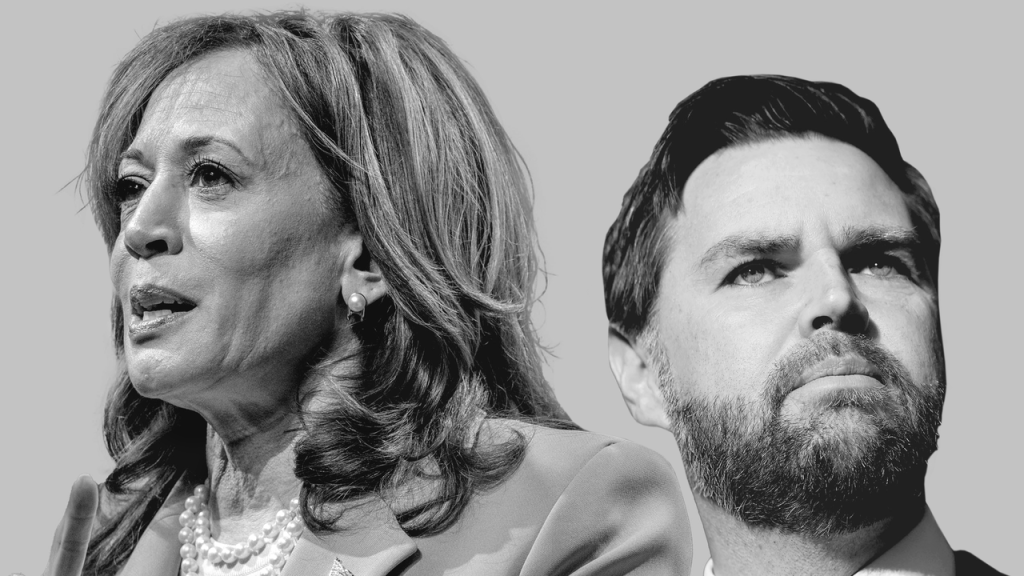Republican vice presidential candidate J.D. Vance recently made controversial remarks in 2021, referring to the country as being run by a group of “childless cat ladies” who he claims are miserable in their own lives. While he did not mention Vice President Kamala Harris by name, the implication is clear as she does not have biological children. Vance has a history of anti-choice, homophobic, and transphobic rhetoric, making his comments unsurprising in the current political climate of name-calling post-Trump.
Despite Vance’s comments, Kamala Harris actually embodies traditional family values that many GOP members profess to represent. She has been married to attorney Doug Emhoff since 2014 and is stepmother to his two adult children, who affectionately call her “Momala.” Harris has spoken openly about her close relationship with Doug’s ex-wife and their family routines, emphasizing the importance of Sunday dinners and shared roles within the household. This challenges the stereotype perpetuated by Vance and others that a traditional family structure is necessary for value as a person or fitness as a public servant.
The criticism of Harris based on her family structure raises questions about whether a male presidential candidate would face similar scrutiny for not adhering to the traditional “one man, one woman, 2.5 children” family ideal. Throughout history, there have been male politicians who were bachelors, such as James Buchanan, without facing the same level of critique. Harris, as a Black and Indian American woman nearing the age of 60, represents a departure from the typical White House family portrait, and this diversity is seen as a positive step forward in reflecting the changing demographics and values of society.
It is important to recognize that how a person creates or finds family has no bearing on their worth as an individual or ability to serve the public. While there may be valid critiques of Harris’s political record, attacking her based on her family structure is both unfair and reflects deeper cultural anxieties about women who do not conform to traditional gender roles. The outdated notion that a woman’s value is intrinsically tied to her ability to bear children or maintain a specific family structure undermines the progress made towards gender equality and diversity in leadership roles.
Vance’s comments highlight the ongoing struggles faced by women, especially women of color, in breaking free from restrictive stereotypes and expectations placed upon them in both public and private spheres. By questioning Harris’s family life, Vance perpetuates harmful narratives that seek to diminish her accomplishments and qualifications based on outdated notions of gender roles. It is essential to challenge these stereotypes and celebrate the diversity of experiences and family structures that contribute to a more inclusive and equitable society.
Ultimately, the focus should be on evaluating Harris and other politicians based on their policies, actions, and leadership qualities rather than their personal lives or family arrangements. Diversity in leadership enriches our democracy and allows for a more inclusive representation of the population. By moving beyond antiquated stereotypes and supporting individuals based on their merits and abilities, we can create a more just and equitable society for all.


